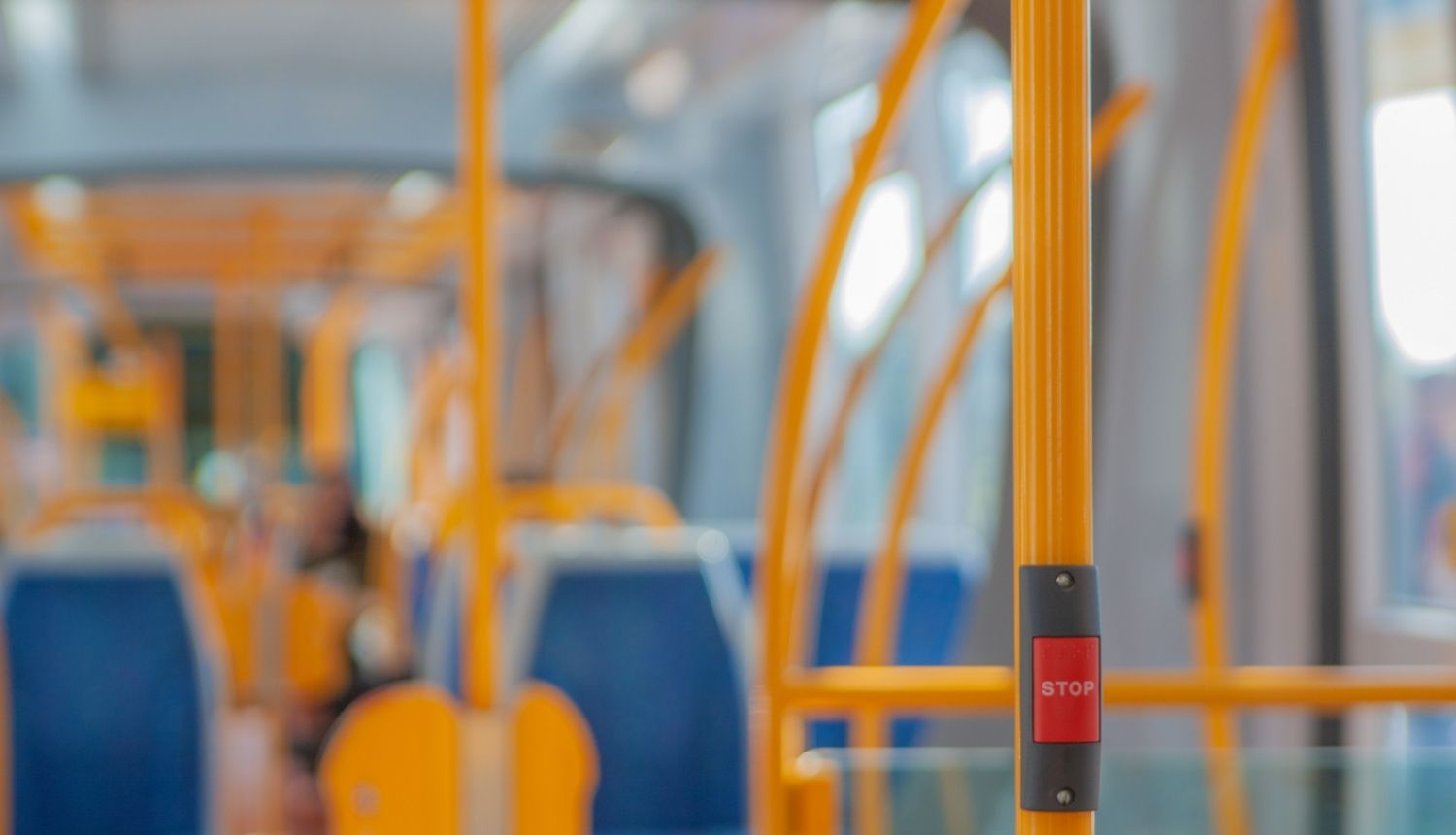October 25, 2022, the Cabinet of Ministers supported the plan of the Ministry of Environmental Protection and Regional Development to allocate funds to municipalities in the form of a grant to replace fossil fuel-powered vehicles with zero-emission vehicles (electric buses), with local governments providing students with free ride to educational institutions or other educational facilities place and back to residence.
Minister Artūrs Toms Plešs: "Mitigating the risks of climate change requires targeted action - this is one of the security and growth issues of the European Union. Latvia is purposefully continuing its progress towards achieving climate neutrality and the goals defined by the Green Course, including creating the foundations for more sustainable and environmentally friendly habits in society for the use of zero-emission vehicles. The grant program will allow not only to promote the movement towards the use of more environmentally friendly transport, but at the same time the implementation of municipal functions and the services provided will be improved, with the main focus on the mobility of learners, ensuring the accessibility of educational services throughout the municipality."
The grant program will be financed from the investments of the European Union Recovery and Resilience Facility, assuming that at least 15 electric buses will be purchased and, if necessary, the appropriate charging infrastructure for their service will be created.
In total, 10 million euro will be available to municipalities. The maximum possible financing of one project for one M2 category electric bus or one M2 or M3 category electric bus converted vehicle is up to 300,000 euros, while the cost of an M3 category zero-emission vehicle is up to the maximum amount of the project, which is 666,660 euros. Also, within the framework of the grant, the costs of creating the infrastructure of a new charging point, the costs of preparing the supporting documentation for the project application, as well as the costs of construction supervision and author supervision, putting the building into operation, and mandatory and optional vehicle insurance costs are covered.
It is expected that the operation of at least 15 fossil fuel-powered, at least 20-year-old buses will be discontinued as part of the project and they will be disposed of, handing them over to processing companies that ensure the recycling of used vehicles and the recovery and return of reusable parts and materials to the national economy.
Municipal bus parks have 132 buses that are older than 20 years, incl. the age of 21 buses, taking into account the year of their first registration, reaches 33-45 years. The above indicates outdated vehicles, the use of which also produces significant GHG emissions.
